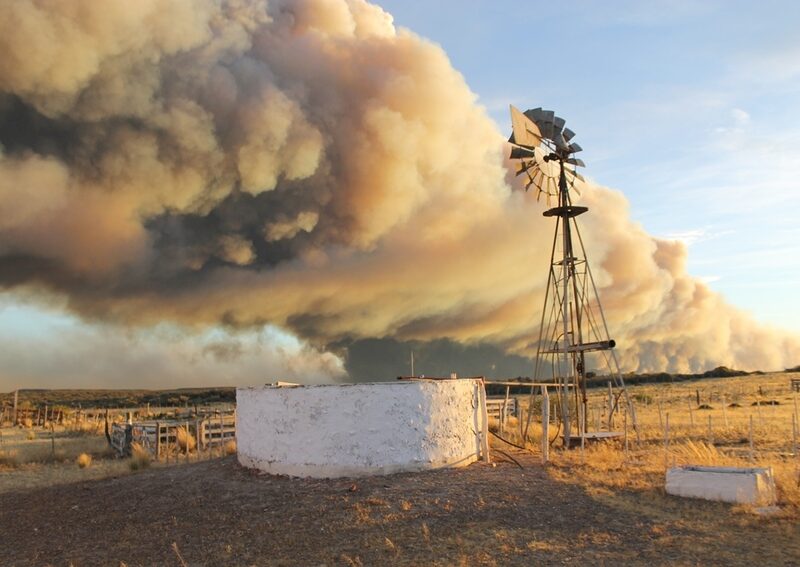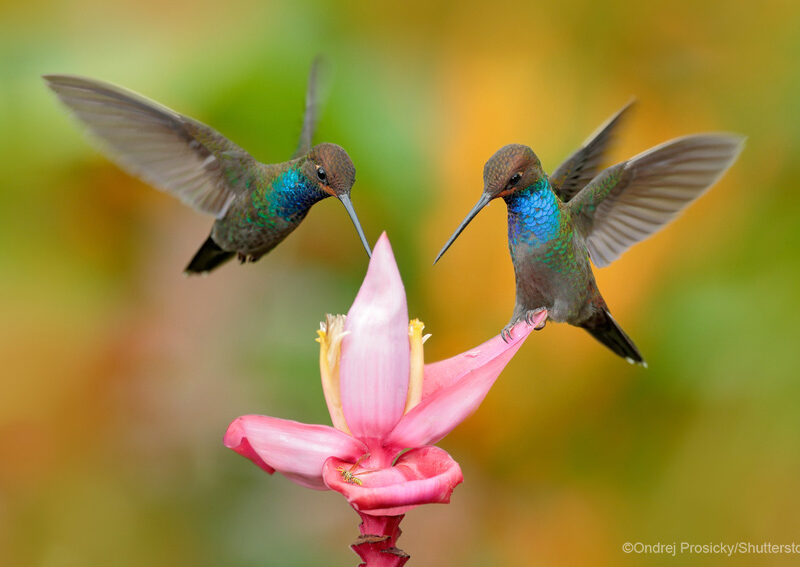As of 2021, the Earth is over 1°C warmer than it was before worldwide industrialisation.
While Earth’s climate has altered many times over the past 4.5 billion years, the current climate crisis is different. A change in global temperature of this magnitude usually takes place over thousands of years. By burning fossil fuels and producing greenhouses gases – examples of anthropogenic (manmade) changes to our atmosphere – we have accomplished the feat in just 150 years. This massively accelerated change has destabilised the global climate, threatening not just humanity, but all life on Earth.
For much of the last century and a half we have been unaware of the impact our actions have had on the planet. Thankfully, years of cutting-edge science from various fields has now opened our eyes to reality and shown us a path towards recovery. This same science continues to validate the impactful work done by WLT and our Carbon Balanced programme.
We know also that in order to save the planet, mitigating climate change and biodiversity loss at the same time is not only possible, but essential. The carbon sinks of the tropics are home to many of the world’s most endangered species, and these are the areas secured by WLT through our Carbon Balanced programme. By investing in these crucial spots of land, you’ll be funding important nature-based solutions to the climate crisis.
Image: Smoke billows from a wildfire in Patagonia, an increasingly regular threat in today’s climate emergency. ©Leandro-Legarreta

